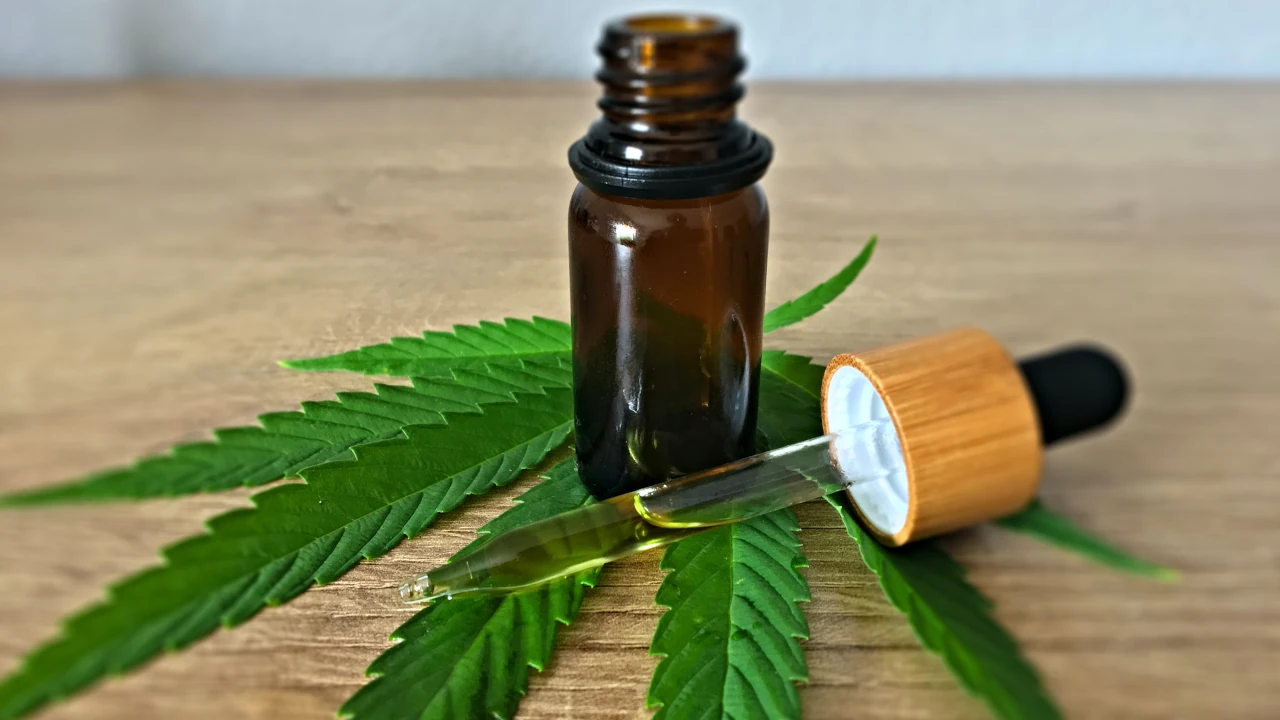Analysis of medical concepts

In recent years, interest in the therapeutic use of cannabinoids, especially cannabidiol (CBD), has increased markedly in the fields of sports medicine and performance medicine. This phenomenon has led to an exhaustive study of the beliefs and recommendations of sports medicine physicians who are unraveling the mysteries surrounding these compounds. With the FDA approval of Jazz Pharmaceutical’s Epidiolex and new data emerging on the potential role of cannabinoids in sports medicine, particularly CBD, the medical landscape has diversified markedly.
CBD in the health and wellness industry has fueled the growth of cannabinoid use, with the total global CBD market estimated to reach 47.22 billion by 2028. At the heart of this paradigm shift is research that I seek to understand whether sports medicine physicians recommend cannabinoids for therapeutic purposes and how they perceive these compounds in the context of athletic performance. The American Medical Society of Sports Medicine (AMSSM) was the site of the investigation, which surveyed 333 physicians to shed light on their attitudes and practices.
Cannabis in general has been the subject of research for its therapeutic properties in chronic pain disorders and in the treatment of cancer-related pain. CBD, which has no psychoactive effects, has attracted particular attention in the sports field. This cultural shift in the perception of CBD in sports medicine highlights its potential in the treatment of chronic musculoskeletal and neuropathic pain, opening up new therapeutic opportunities to improve the well-being and performance of athletes.
The results of the study revealed interesting trends. Various factors such as gender, age and geographic location have been found to influence opinions on recreational cannabis and the removal of cannabis from the World Anti-Doping Agency (WADA) list of prohibited substances. These results highlight the diversity of opinion in the sports medicine community.
CBD has become a central player in this evolution. From elite athletes like Mike Tyson to Megan Rapinoe, each with their own line of CBD products, to the wellness product shelves, CBD has found its place in many people’s daily lives. Although THC (tetrahydrocannabinol) has historically been better known, CBD has stood out for its safety profile and lack of psychoactive effects, making it an attractive option for athletes and doctors.
However, the study also highlights challenges on the horizon, such as a lack of consensus on the inclusion of cannabis as a prohibited substance and differences in perceptions between physicians in different specialties and practice settings. These issues provide opportunities for additional research and continuing education in the field of sports medicine.
Despite the limitations of the study, 98% of respondents expressed an interest in gaining more knowledge through continuing education, recognizing the importance of staying current with an ever-changing environment. This study marks a significant step towards understanding the medical relationship to cannabinoids and their integration into sports medicine.
This study shows that sports medicine is in the midst of a cultural shift regarding the use of cannabinoids. Although differences of opinion remain, most doctors have positive views of CBD and cannabis. As the industry continues to evolve, research and education will play an important role in guiding sports medicine professionals to respond to the growing demands of athletes regarding the use of these compounds in sport.
Contact:
Twitter: @anicannmx
http://www.anicann.org/
The opinions expressed are solely the responsibility of their authors and are completely independent of the position and editorial line of the magazine. Forbes Mexico
Follow Forbes Mexico for business and current events.